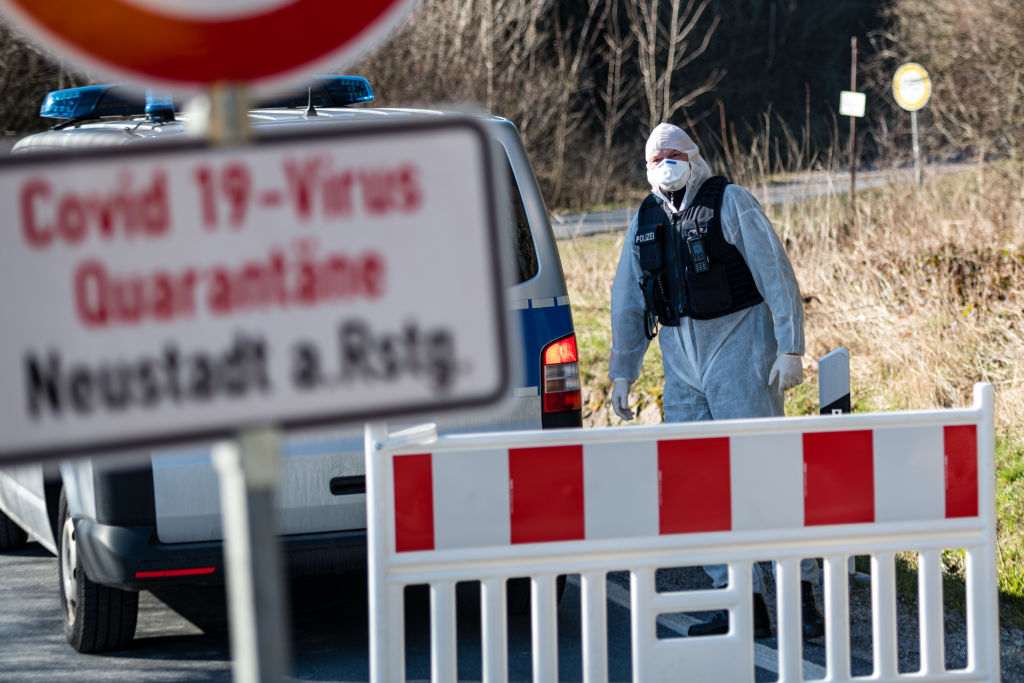The government is yet again under fire for its handling of Covid-19, as cases rise across parts of the country. But what about the global context? Is it still possible to argue that Britain has done especially badly in handling the pandemic? Possibly, but it is becoming increasingly hard to do so, as many countries which appeared to handle the virus best the first time around are now suffering second waves much larger than what they experienced in the spring.
Germany, which this week announced a hard lockdown over Christmas, is a prime example. In the spring it was held up as an example of how the rest of Europe might have handled Covid-19. New recorded cases never rose over 7,000 a day and daily deaths peaked at 333 on 8 April. It is a very different story, however, the second time around. On Wednesday, Germany recorded 28,969 new cases and 952 deaths. The Czech Republic, which was praised for a rapid lockdown the first time around, has had a second wave that has far exceeded its first wave. In the spring, deaths peaked at 10 on 15 April. On 4 November, 262 were recorded, and although the toll dropped after that it has started rising again in December.
Britain, which long had the ignominy of having the second worst death rate in Europe, after Belgium, is now seventh on 963 deaths per million residents, behind Belgium (1,574), Italy (1,101), Slovenia (1,074), North Macedonia (1,053), Spain (1,039) and Montenegro (971) – with France (908) and the Czech Republic (936) not far behind. Britain can’t claim to have handled the crisis well, but no longer does it stand out in any way, other than that it suffered an especially bad peak early on, perhaps as a result of being more exposed to the virus early on.
In particular, South Korea was widely praised as an example to the world, with its vigorous test and trace system allowing it to avoid a lockdown in spring. Yet there, too, the second wave has proved more vicious than the first: on Wednesday the country recorded 1,014 new cases and 22 deaths – still low by European standards (South Korea has a population of 51 million), but it represented a doubling on Tuesday’s figure. Before this week, South Korea had not suffered more than nine deaths in a single day.
Throughout this crisis there has been a school of thought which holds that eventually all countries will have a similar death rate – that the virus, sooner or later, will work its way through the population. It is a view that has been expounded by, among others, Johan Giesecke, Anders Tegnell’s predecessor as Sweden’s chief epidemiologist and once by Sir Patrick Vallance, the chief scientific officer, who said at the first Downing Street press briefing on 12 March that we couldn’t stop ‘everyone’ catching the disease.
Of course, the difference now is the vaccine. If that can be rolled out across the world over the next few months, and works as is hoped, some countries may be able to preserve their reputation for suppressing Covid-19 to very low levels. But that list of countries is growing smaller by the week.







Comments